When Donald Trump and Vladimir Putin sat down for their high-stakes summit, the choice of venue was as symbolic as the talks themselves — Alaska, a former Russian colony and America’s northern frontier, separated from Russia by just 55 miles. But why here, and why now?
When Russian president Vladimir Putin arrived in Anchorage, Alaska, to meet U.S. president Donald Trump, the choice of location was more than a logistical decision. Alaska carries layers of history, symbolism and strategy that make it an unusual but meaningful setting for high-stakes diplomacy.
A land with shared history
For over six decades, Alaska was part of the Russian empire before being sold to the United States in 1867 for $7.2 million. To this day, Russian influence is visible in the state through Orthodox churches, Russian-derived town names, and communities of mixed Russian and Alaskan descent.
David S. Foglesong, professor of history at Rutgers University, told media that Alaska is a reminder of friendlier times. “The symbolism of Alaska would be a reminder of how it was possible for the United States and Russia for most of the 19th century to transcend their ideological and political differences… to have warm, friendly cooperative relations,” he said.
Geography and strategic value
Alaska is the closest U.S. state to Russia, lying just 55 miles across the Bering Strait. During the Cold War, the state was seen as America’s “first line of defence” against a possible Soviet attack, with radar systems set up to detect incoming missiles.
Brandon Boylan, a professor at the University of Alaska Fairbanks, noted that “if the Soviets were going to attack the U.S., they would do so over the North Pole. The thinking placed Alaska at the very front of U.S. defences.”
Today, Alaska’s location remains significant for Arctic shipping, energy resources and climate research, all areas where U.S. and Russian interests overlap.
Practical considerations
Beyond its symbolism, Alaska also provides practical advantages for both sides. Putin is wanted by the International Criminal Court (ICC) on war crimes charges and cannot travel to the 125 countries that have signed the Rome Statute. The United States is not a party to the ICC, making Alaska a secure option.
Lee Farrow, professor of history at Auburn University at Montgomery, said: “No other country wants them to have this meeting on their territory. It’s going to be easier to manage strategically from a safety standpoint, and Putin doesn’t have to be worried about getting arrested.”
A place of “mutual inconvenience”
Anchorage is not an easy trip for either leader — roughly nine hours by air from Moscow, and nearly as long from Washington. But its remoteness and neutrality may have been part of its appeal.
Putin’s senior foreign policy adviser, Yuri Ushakov, described Alaska as “an entirely logical location,” noting the direct but distant link between the two countries across the Bering Strait.
Looking back to past summits
Summits between U.S. and Russian leaders have historically taken place in symbolic northern cities. In 1986, Ronald Reagan and Mikhail Gorbachev met in Reykjavik; in 2018, Donald Trump and Vladimir Putin met in Helsinki.
Experts note that such venues reflect geography and history. While the Alaska summit may not deliver immediate breakthroughs, the choice of location underlines the attempt to recall an era of dialogue even amid deep divisions.
As Farrow put it: “If Donald Trump is trying to be the mediator of this, Alaska is the perfect place to resurrect that friendship for the sake of world peace.”
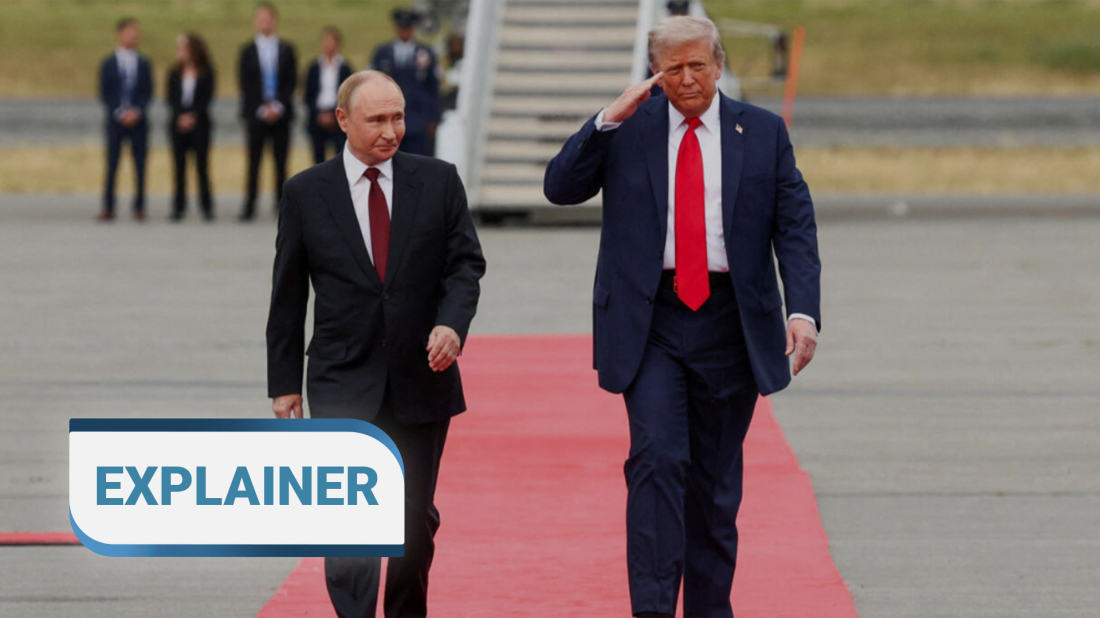







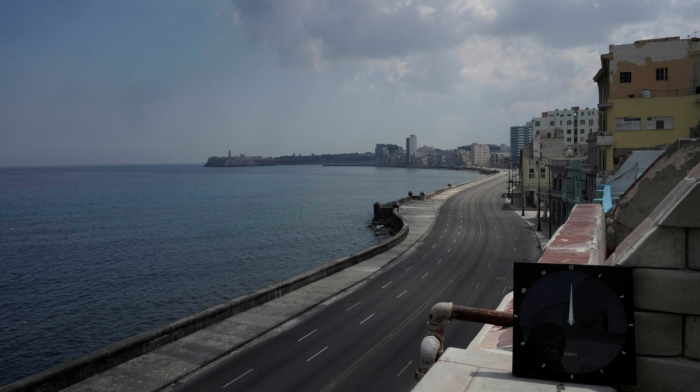
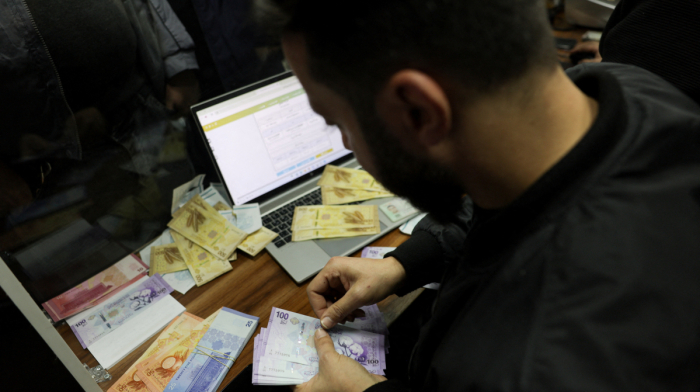
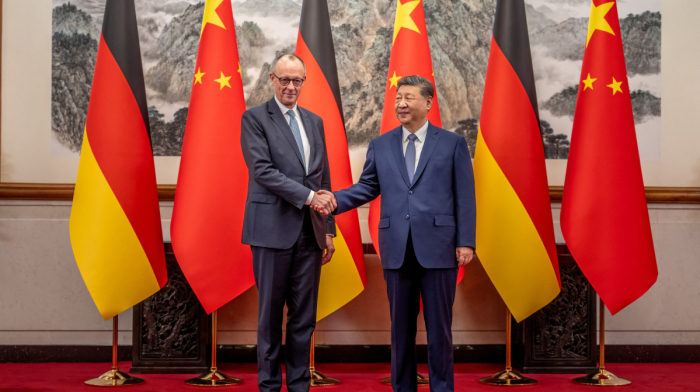
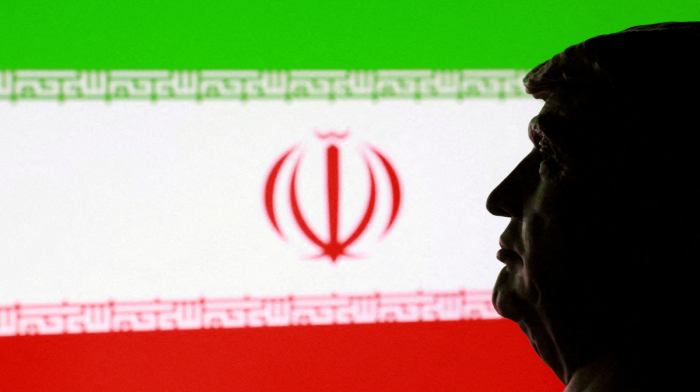
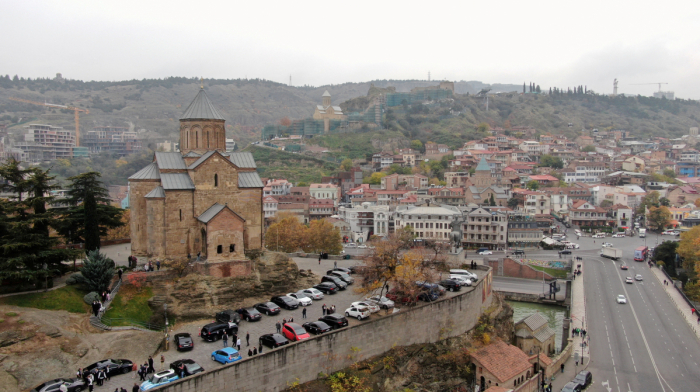

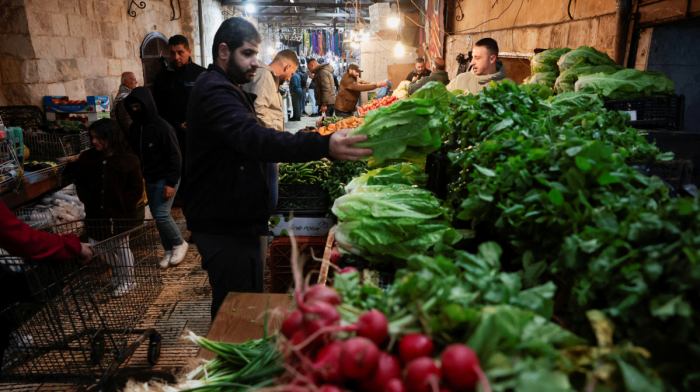
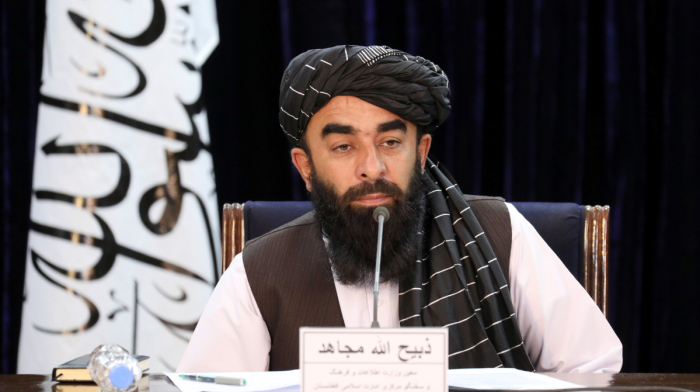
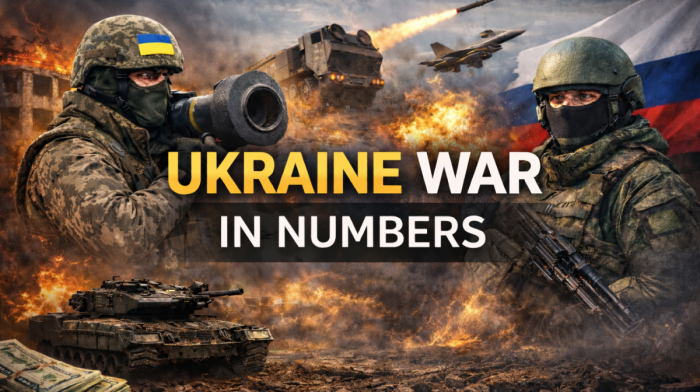
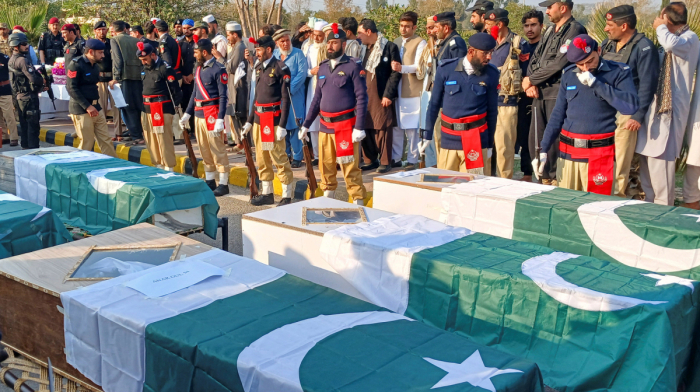
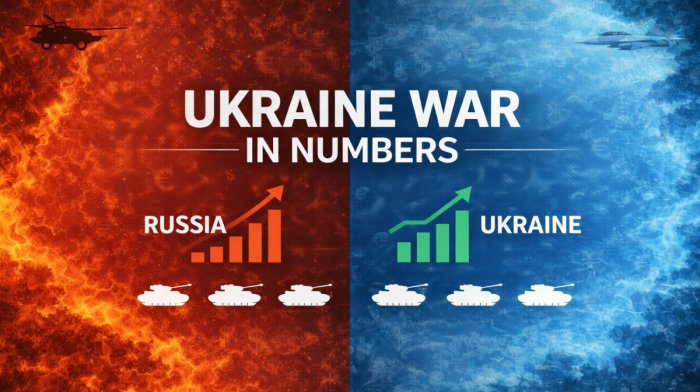
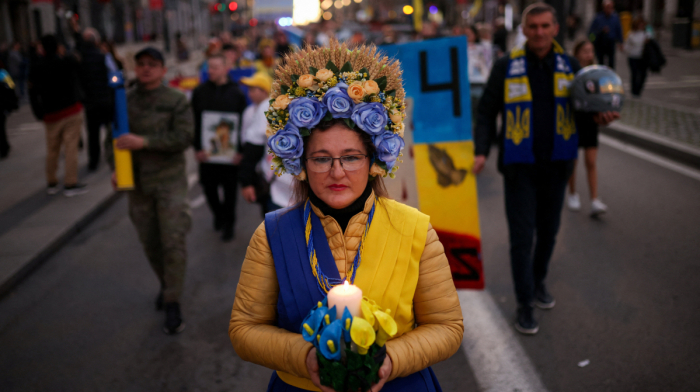
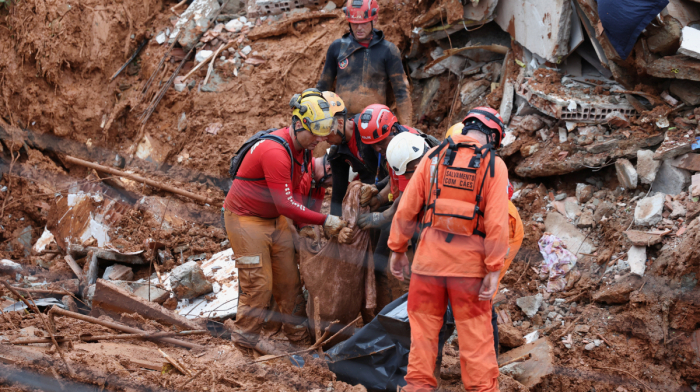
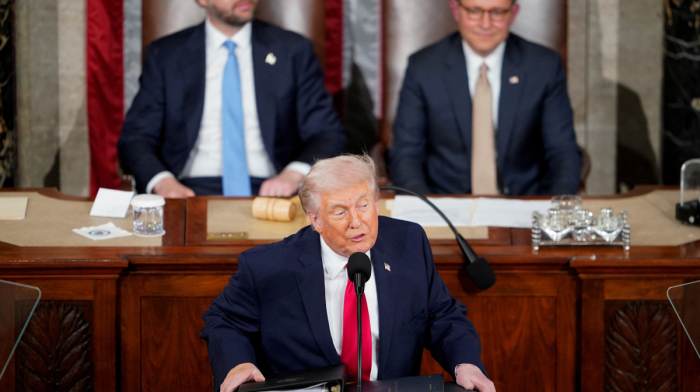
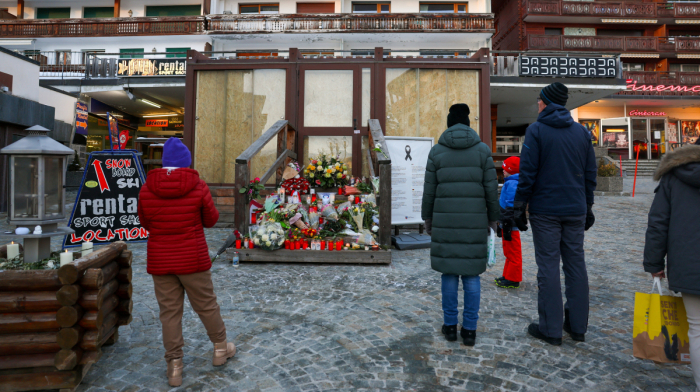



What is your opinion on this topic?
Leave the first comment